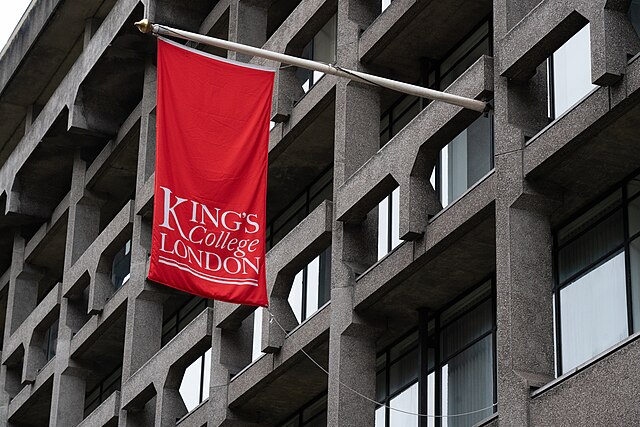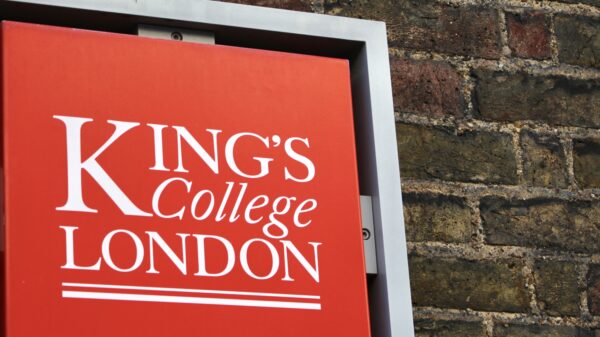Following recent research from King’s College London (KCL), the Government is making home-testing kits for cervical cancer available to women across the UK.
The UK Government announced on 24 June that they would be rolling out home-testing kits for cervical screenings. The home-testing kits will be offered to women and people with a cervix who have rarely or never attended the vital health screening.
The new initiative hopes to increase screening rates by allowing patients to self-sample in their own time, as participation sits at just under 69%, below the NHS England target of 80%. This means over 5 million women in England are not up to date with their check-up.
Women and people with a cervix are invited for screening every three years between the ages of 25 and 49, and every five years between the ages of 50 and 64. Cervical screenings are crucial to detecting papillomavirus (HPV), a group of viruses that can lead to cervical cancer, with the programme reported to save around 5000 lives a year across England.
Research conducted in 2021 by a YouScreen trial led by Anita Lim from the Faculty of Life Sciences & Medicine at KCL found that offering self-sampling kits could boost screening numbers in England to around 400,000 a year.
Anita Lim told Kings: “This is a significant step forward for cervical cancer prevention and brings us closer to the NHS goal of eliminating the disease by 2040. The YouScreen trial, which provided self-sampling HPV kits to under-screen women in London, demonstrated that self-sampling could reach people who find it difficult to attend traditional screening – including those from diverse and underserved populations”.
She praised King’s support on this initiative: “It is such an honour that this evidence has been used to change policy. Setting up a clinical trial can be tricky. The King’s R&D and the Contracts team went out of their way to help us to set up and run the complex trial in a timely manner”.
In the last year, more women have taken to social media to share their experiences having a smear test to help break the stigma attached and to help other women feel less anxious about attending their appointments. Yet with self-sampling, the anxiety, discomfort, embarrassment and cultural sensitivities that may prevent women from attending the crucial appointments are removed.
Health Secretary Wes Streeting spoke on the importance of screening: “We know the earlier cancer is diagnosed the better the chances are of survival. By making screening more convenient, we’re tackling the barriers that keep millions of women from potentially life-saving tests”.
















